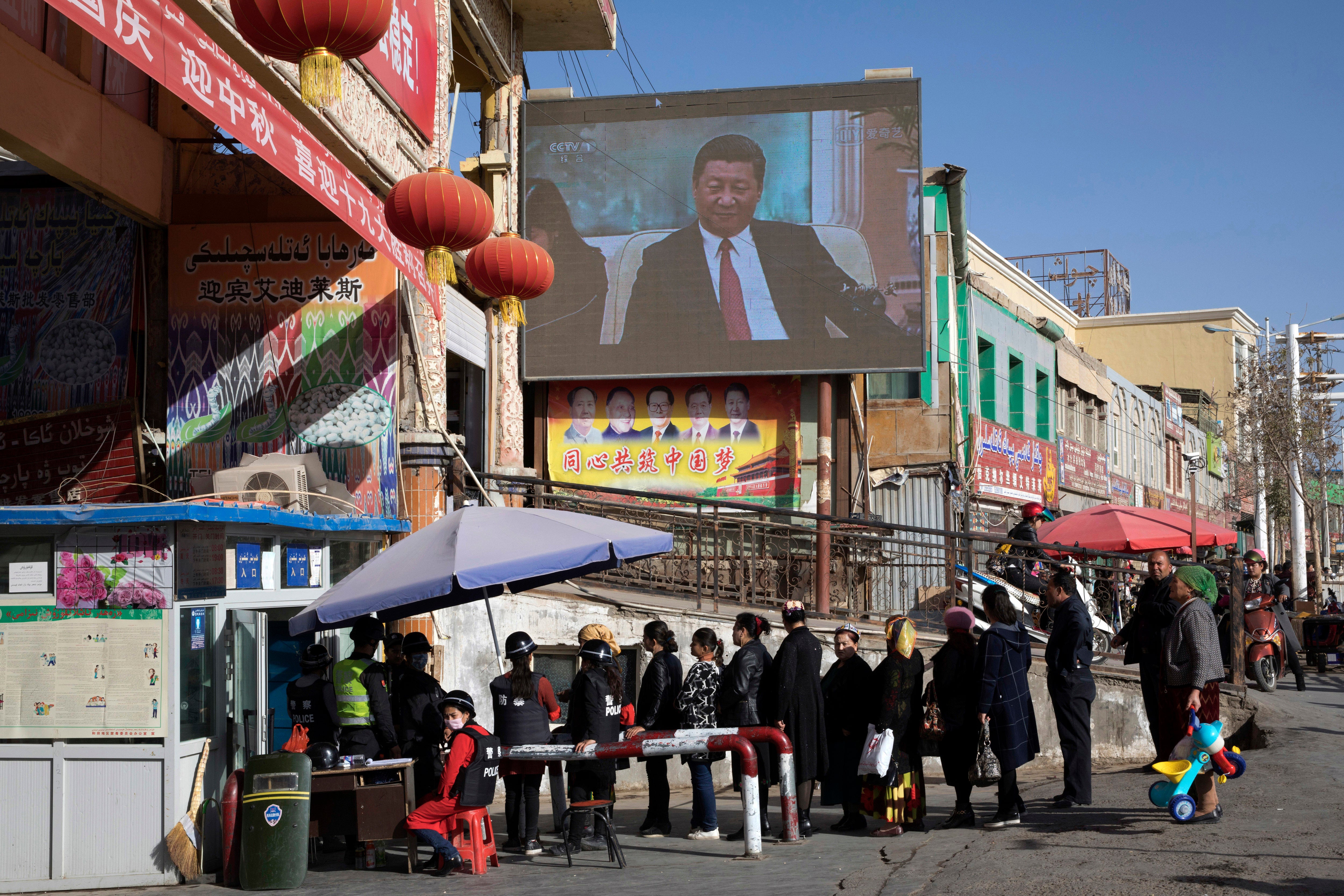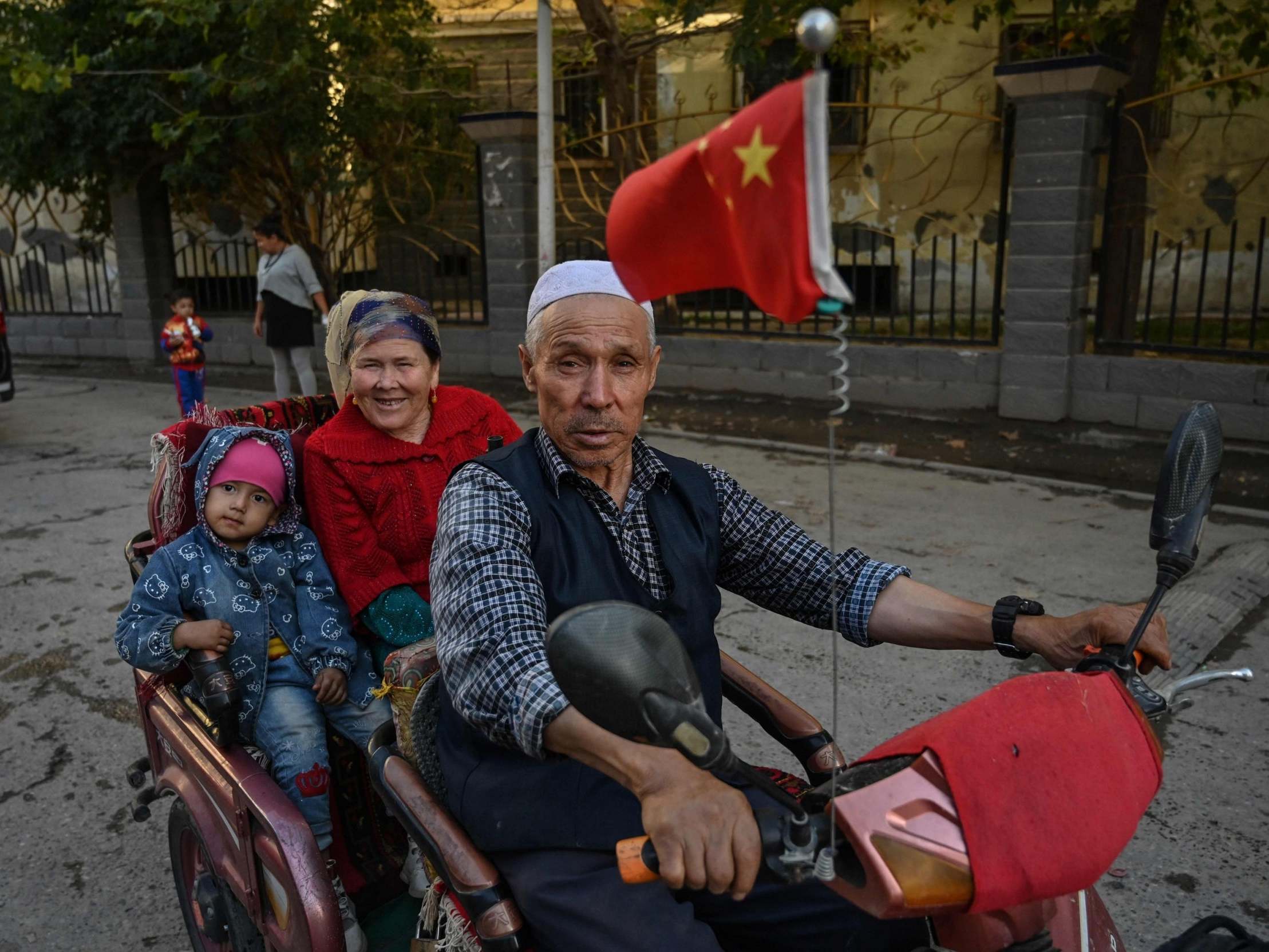Your support helps us to tell the story
From reproductive rights to climate change to Big Tech, The Independent is on the ground when the story is developing. Whether it’s investigating the financials of Elon Musk’s pro-Trump PAC or producing our latest documentary, ‘The A Word’, which shines a light on the American women fighting for reproductive rights, we know how important it is to parse out the facts from the messaging.
At such a critical moment in US history, we need reporters on the ground. Your donation allows us to keep sending journalists to speak to both sides of the story.
The Independent is trusted by Americans across the entire political spectrum. And unlike many other quality news outlets, we choose not to lock Americans out of our reporting and analysis with paywalls. We believe quality journalism should be available to everyone, paid for by those who can afford it.
Your support makes all the difference.
DeepSeek has had a meteoric rise in the growing world of AI, becoming a strong competitor to US rival ChatGPT.
But for Xinjiang’s Uyghurs, who are facing an alleged genocide, the rollout of China’s newest chatbot was just another way to remove their 12 million people from history.
“The Chinese government is trying to erase the Uyghur people by employing AI to mislead the public,” Rahima Mahmut, who fled China in 2000, told The Independent.
Ms Mahmut, who has not heard from her family for eight years, and learnt her brother was locked up in a mass-internment camp for two of those, had reason for concern.
The “world-leading AI assistant”, as it describes itself, was designed to give “helpful and harmless responses” and has been downloaded over three million times worldwide.

But when asked “are the Uyghurs facing a genocide”, the chatbot asserted the claim was a “severe slander of China’s domestic affairs” and “completely unfounded”.
“We firmly oppose any country, organisation, or individual using so-called human rights issues to interfere in China’s internal affairs,” it said.
For Ms Mahmut, “so-called human rights issues” meant fleeing her hometown of Ghulia after seeing her neighbours and friends locked up en masse in 1997.
She was escaping Beijing’s “strike hard” campaign which saw thousands of arrests, as well as executions, in response to a growing separatist movement across Xinjiang.
Since then, the US, UK, Canada and Netherlands have accused China of committing genocide in the region, where millions of Uyghurs, mostly Muslim, live.

The declarations followed several reports that found evidence of China sterilising women, interning people in camps, and separating children from their families.
In 2018, a UN human rights committee claimed China was holding up to a million people in “counterextremism centres” in the northwestern province.
Dr Adrian Zenz, a leading expert in Beijing’s Xinjiang policies, said China was doing this to “eradicate” the Uyghurs as an ethnic group and extinguish their dream of independence.
“They are culturally and religiously very different to the rest of China, they are a Turkic people, not Chinese, which is a problem for Beijing,” Dr Zenz told The Independent.
In the 1990s, Uyghurs saw their Turkic neighbours like Kyrgyzstan and Kazakhstan gain independence from Moscow after the fall of the Soviet Union.

This inspired a wave of nationalism across Xinjiang, and Uyghurs began talking about greater autonomy from Beijing, Dr Zenz said.
“This spooked the Chinese authorities, so they started to crack down on Uyghur society,” he said.
The crackdown initially included shutting down mosques, arresting religious leaders and flooding Xinjiang with migrant Han-Chinese workers.
These policies led to a vicious cycle of violence and today’s policies which have seen China accused of genocide, Dr Zenz explained.
China has claimed the campaign, and ongoing crackdown, was needed to prevent terrorism and Islamic fundamentalism.

DeepSeek said China was committed to the “social harmony” and “sustained development” of Xinjiang.
Zumretary Arkin, 31, has not heard from her family since 2017, and like many Uyghurs, is aware her relatives are frequently detained and interrogated.
So to see DeepSeek rewrite her homeland’s history was “deeply worrying” to her and, like Ms Mahmut, she said it represented a new way for China to erase Uyghur history.
“This sort of technology is replacing Google. It is where people go for research and information. This is deeply worrying,” Ms Arkin told The Independent.
“We have to remember DeepSeek is controlled by the Chinese government, and they are using it as another way to erase the Uyghur people,” she said.
Dr William Matthews, who researches China’s technological rise, said Beijing’s censorship of DeepSeek should be “extremely concerning” to us all.
“This app adds to China’s ability to spread censorship around the world. It should be concerning to us all as it becomes a popular platform,” he told The Independent.
“It is directly linked to the interests of the Chinese state. There is an inherent danger in something like this.
“These apps are extremely powerful and influential and will become the way we find out information.”
Ms Mahmut, who now spends her time in London making Uyghur music while reflecting on the slow strangulation of her culture, said: “The assertion that the claim of Uyghur genocide is ‘completely unfounded’ is not only false. It is an insult to the hundreds of thousands of Uyghurs and other Turkic minorities who have been subjected to horrific atrocities.”
The Independent has contacted DeepSeek for comment.
